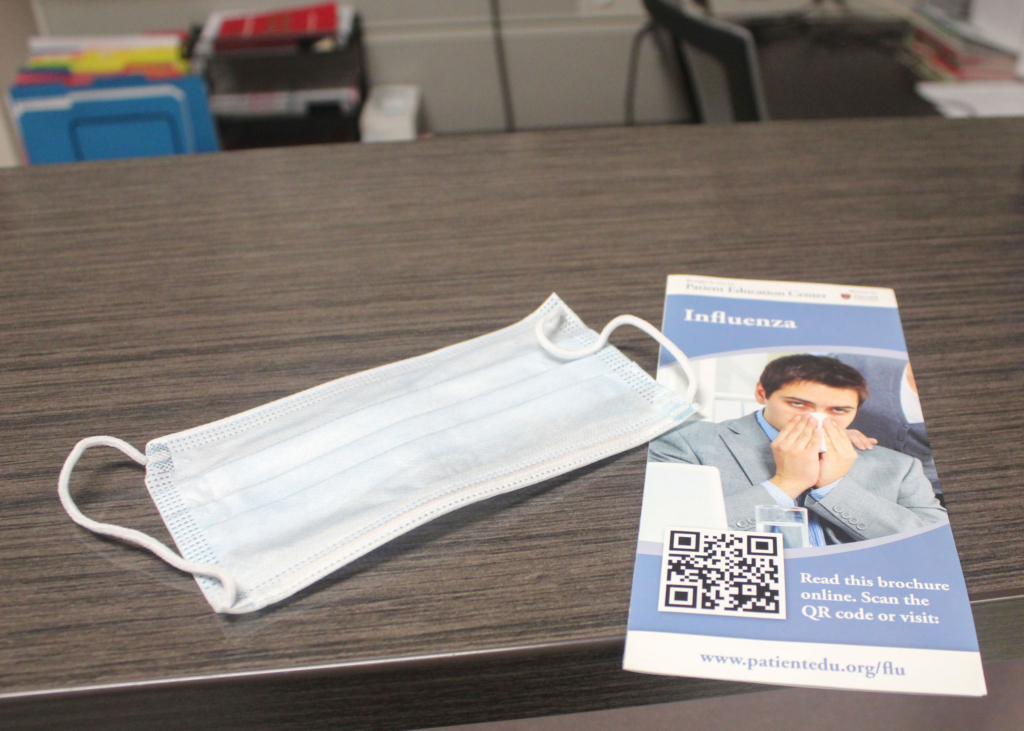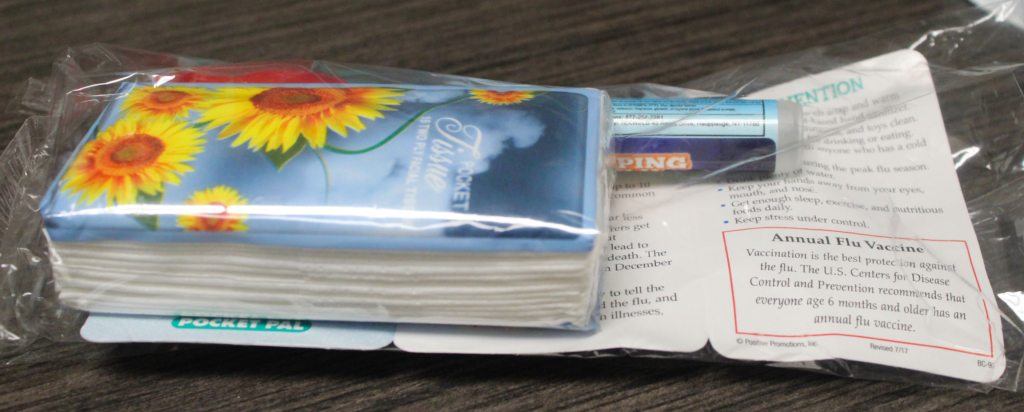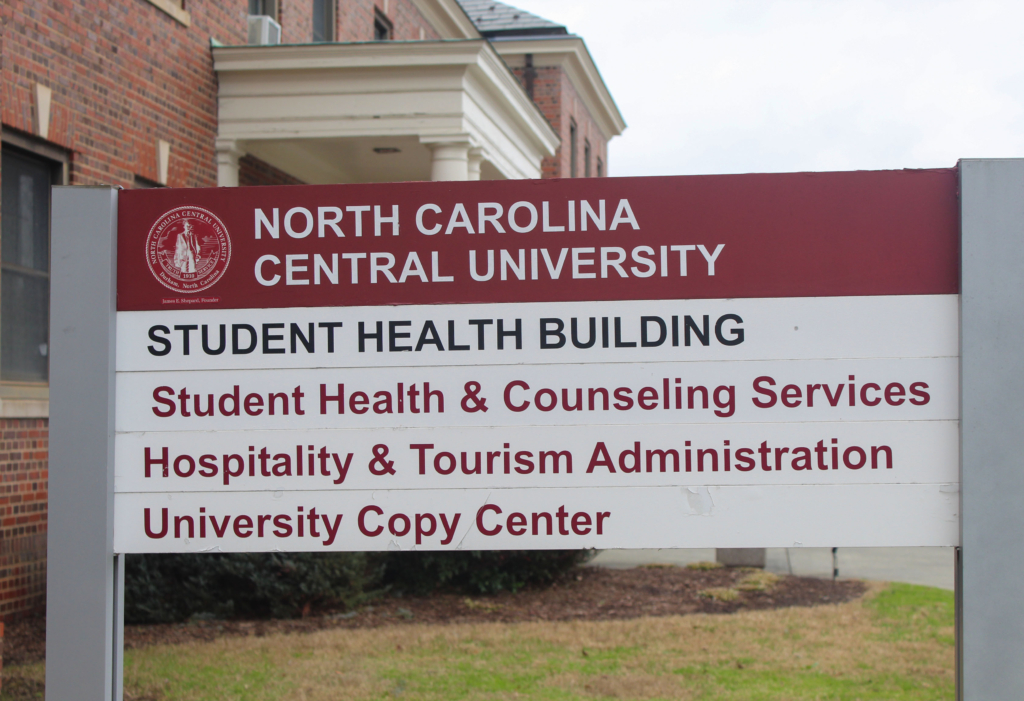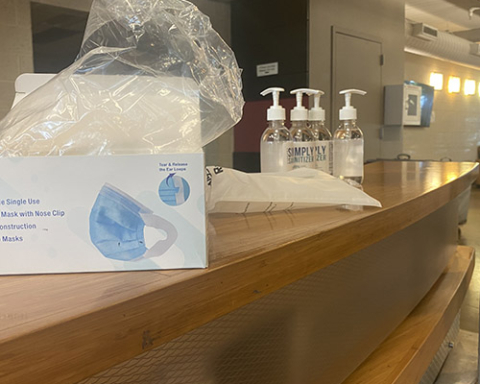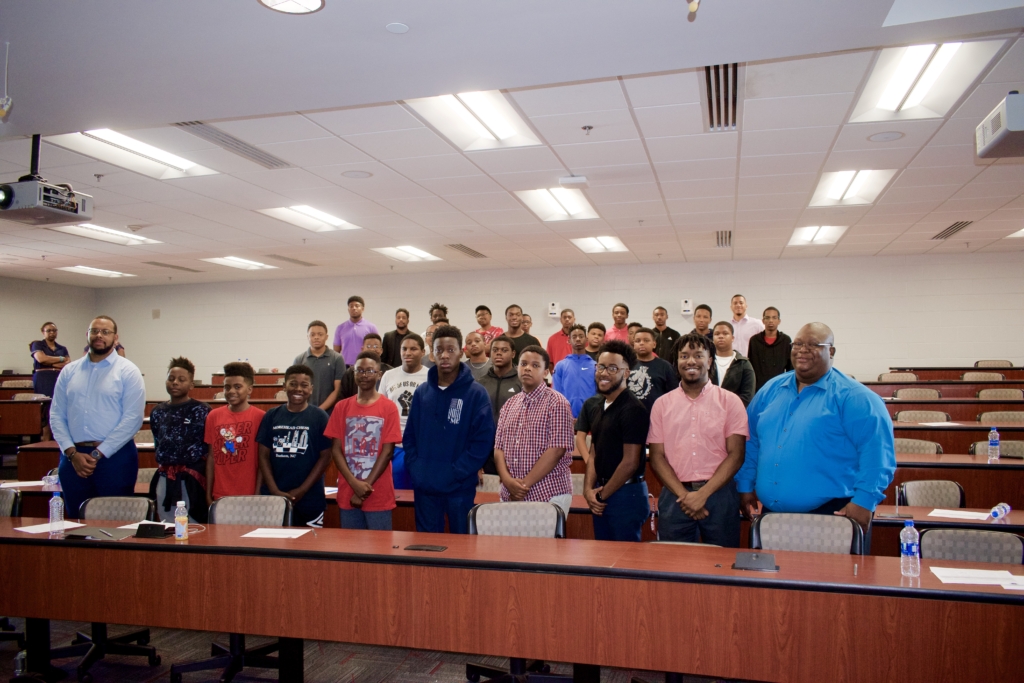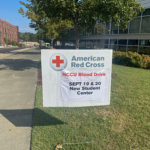The flu remains the eighth leading cause of death in the United States despite the coronavirus becoming a pandemic according to the Center for Disease Control and Prevention.
This flu season, 63 people have died in North Carolina and only five new flu deaths have been reported this year according to the N.C. Department of Health and Human Services. No cases of the coronavirus have been reported in the state.
According to N.C. Central University’s Medical Director, Valerie Barnwell, M.D, influenza can easily be spread on a college campus.
“Students are in close contact with one another on a college campus – in the dorms, cafeteria and classrooms, resulting in the rapid spread of illnesses such as influenza (flu),” Barnwell said. “The flu vaccine is the most important way to keep from getting the flu.”
NCCU Student Health has reported several cases of influenza among students this year.
Fifty percent of NCCU students said they will not receive the flu vaccine, while thirty percent said they had already received or are planning on receiving the vaccine according to data collected by a Campus Echo reporter.
“I just don’t want to (get the flu vaccine). I feel better—I’m not sick without it. So, I really don’t need it,” said Sophomore Biomedical Sciences student Antonia Smith.
According to the CDC, “most of the flu vaccines are made using an egg-based vaccine by private manufacturers who inject candidate vaccine viruses into a fertilized hen’s egg.
The egg is incubated for several days, allowing the virus to replicate itself and then the liquid inside the egg is extracted.
At this point, the vaccine is an inactive strand of the flu, and is then purified.
The flu can be made from other technologies such as recombinant DNA or cell-based flu vaccine.
Some students said that the vaccine is known to make you sick or get the flu, while others said that it is not beneficial to them because they never have gotten the flu, just a cold during the flu season.
“Neither type of flu vaccine causes infection,” Barnwell said. “The flu vaccines protect you from getting influenza. They do not protect you from getting sick from other respiratory viruses, such as the rhinoviruses, which cause the common cold.”
Fifty percent of students did not change their mind about not receiving the vaccine after they were informed of six people at the time that had died from the flu in North Carolina within a week.
In October, NC Division of Public Health reported the first death from the flu by an adult in the central part of the state according to a press release. Two months later, it was the first pediatric death of the flu season in the western part of North Carolina.
NCCU senior mass communication major and medical technician Danielle Patterson said she receives the flu vaccine annually along with her 14-year-old daughter.
“I get it yearly, and it’s because I work in the health field, so they require us to have it. But as far as my daughter, she has a lot of health problems, so her doctor thinks it’s best for her to get the vaccine,” Patterson said.
She added her daughter was born prematurely and was unable to receive vaccinations until her immune system became stronger.
“I think it was worth the risk,” she added.
According to Barnwell, consuming fruits and vegetables, getting daily exercise, and adequate sleep are essential to keeping the immune system healthy during cold and flu season.

